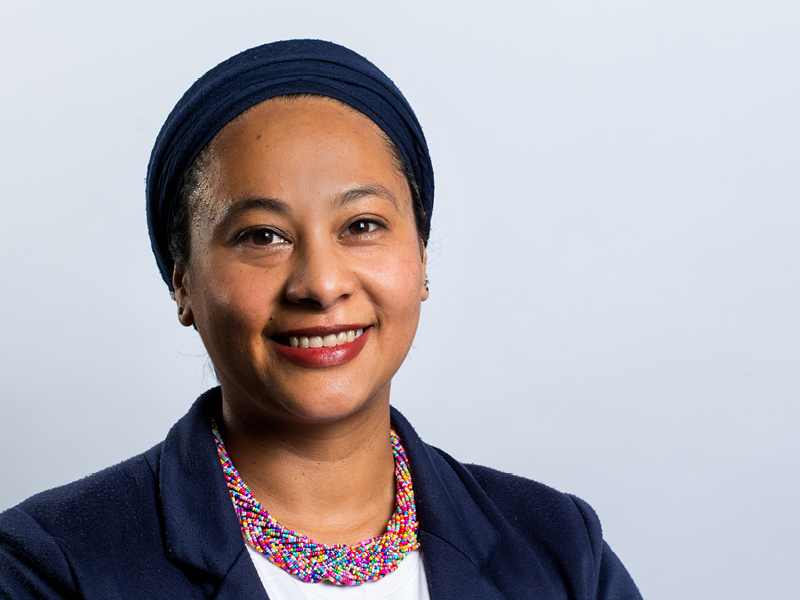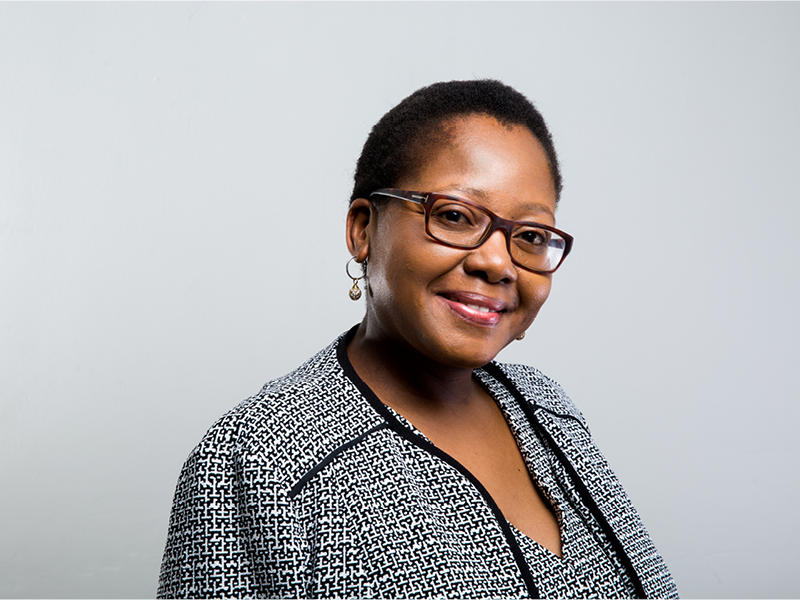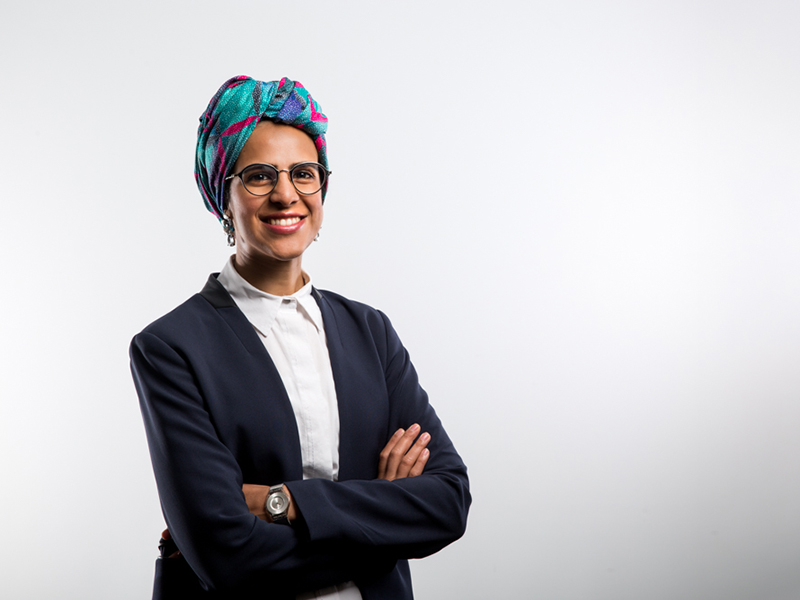News
For South Africa’s Women’s Month, SA-TIED celebrates the women behind the programme
August is Women’s Month in South Africa and SA-TIED is taking the opportunity to lift up women’s voices from the programme.
SA-TIED joined forces with SAFM’s Life Happens for a special episode on leading women economists in South Africa, featuring SA-TIED’s energy economics expert Faaiqa Hartley, data specialist and labour economist Amina Ebrahim, and work stream leader and tax policy expert Mamiky Leolo.
Here, we share some of the details of their radio broadcast interviews and their outstanding work in South Africa.
South Africa is ready for renewable energy

The drive towards renewable energy is gaining momentum. SA-TIED researcher Faaiqa Hartley joined Phemelo Motene on SAFM’s Life Happens to discuss how the economy benefits. Faaiqa is a member of a multi-disciplinary research group that specializes in energy systems and climate mitigation analysis. And, she is an expert on the economics of South Africa’s energy system.
“South Africa has a unique opportunity to shift to cleaner energy. Our existing power capacity is ageing and new capacity needs to be built to replace this … Studies have shown that power generation pathways with significant renewable energy inclusion … is the cheapest way for South Africa to produce power … there is no longer a trade-off between clean power and economic growth.”
Using research to give women a voice

Mamiky Leolo is a leader on the SA-TIED work stream ‘Public revenue mobilization for inclusive development’. Through the programme, new research and data continue to inform and shape policies towards better inclusion of women in economic activities.
“Internationally there is a trend of using tax administration data as [the] basis upon which one evaluates and makes decisions about fiscal policy … we make it easier for academic researchers and policy developers to access information to assist them in asking the right kind of questions, develop policy, and track the impact of those policies over time.”
The impact of policies should essentially equate to a better life and society for all South African women in all spheres and walks of life. Mamiky attests to the urgent need to explore ways to turn the tide on inequalities, including gender inequality.
“If you look at… taxable income according to the various taxable brackets – below R350 thousand taxable income the ratio is 46% females and if you look above the R350 000 that ratio gets skewed more towards males and if you look at above R5 million taxable income that ratio becomes about 87% towards men.” she says.
The power of data to impact change

Amina Ebrahim is a UNU-WIDER Research Associate with a focus on the use of tax administrative data for policy research. The work she does is critical for informing policies and in turn translating those polices into improved livelihoods for South Africans.
During her interview on Life Happens, Amina shared how her work can lead to policy impact, “Policy takes a long time to develop and part of our program involves collaborative interface between the research and policy makers. It is also about taking what we know from the research work we’ve done in the past, about poverty, about gender equality, the wage inequality, and now we’re making it available to policy makers.”
As South Africa commemorates Women’s Month, women and youth continue to be the hardest hit by the COVID-19 epidemic. While it’s still too early to have conclusive data, Amina believes policy makers will need to be more deliberate in creating opportunities for women in the labour market.
“There will need to be some strengthening of some of our job creation initiatives, women tax incentives, looking at what the gender distribution is going to be there, and how or whether it’s going to be saving jobs, both for men and women.”
To hear the full broadcast of 'Leading women economists' on Life Happens click here.
 Join the network
Join the network